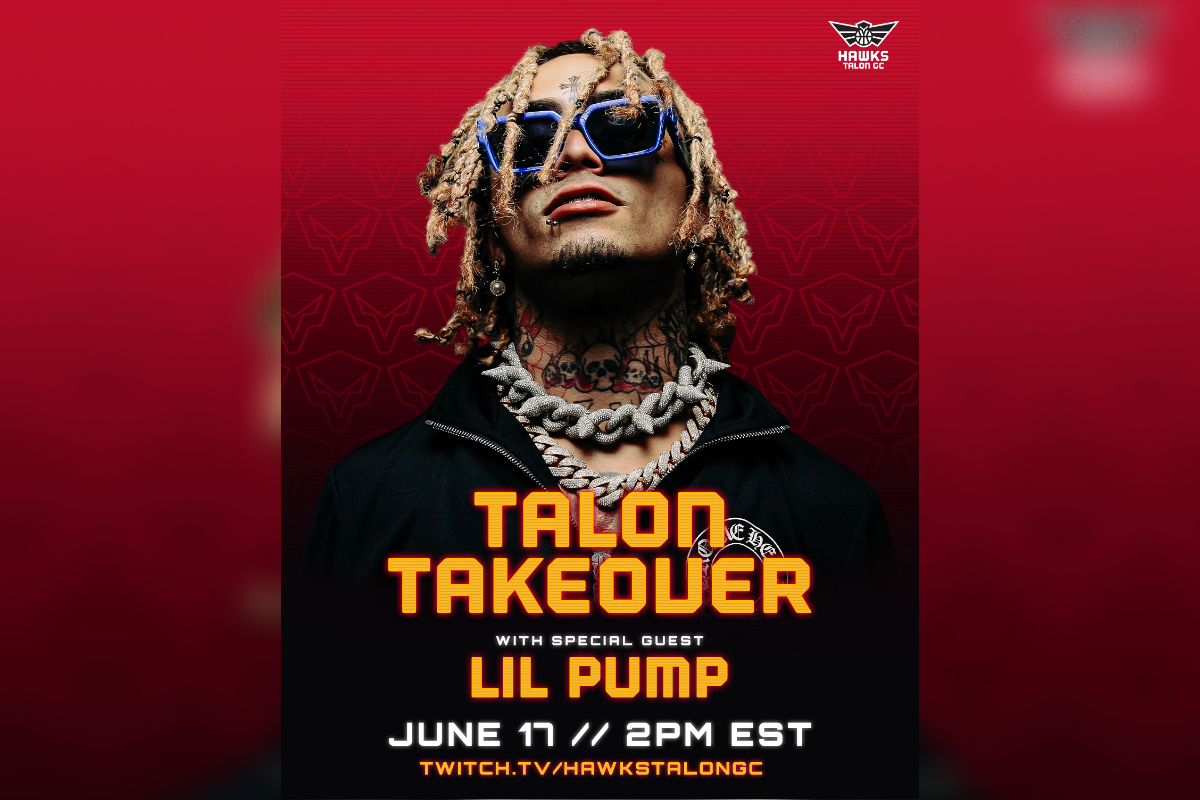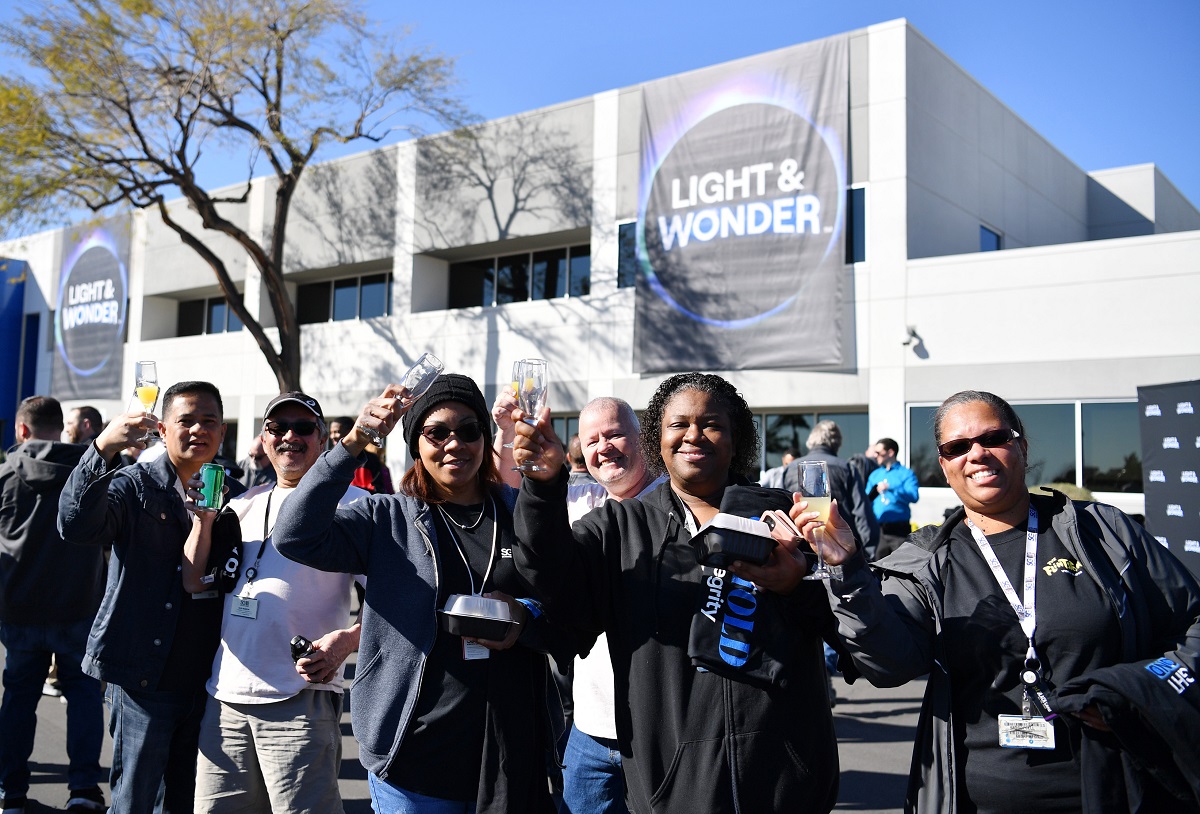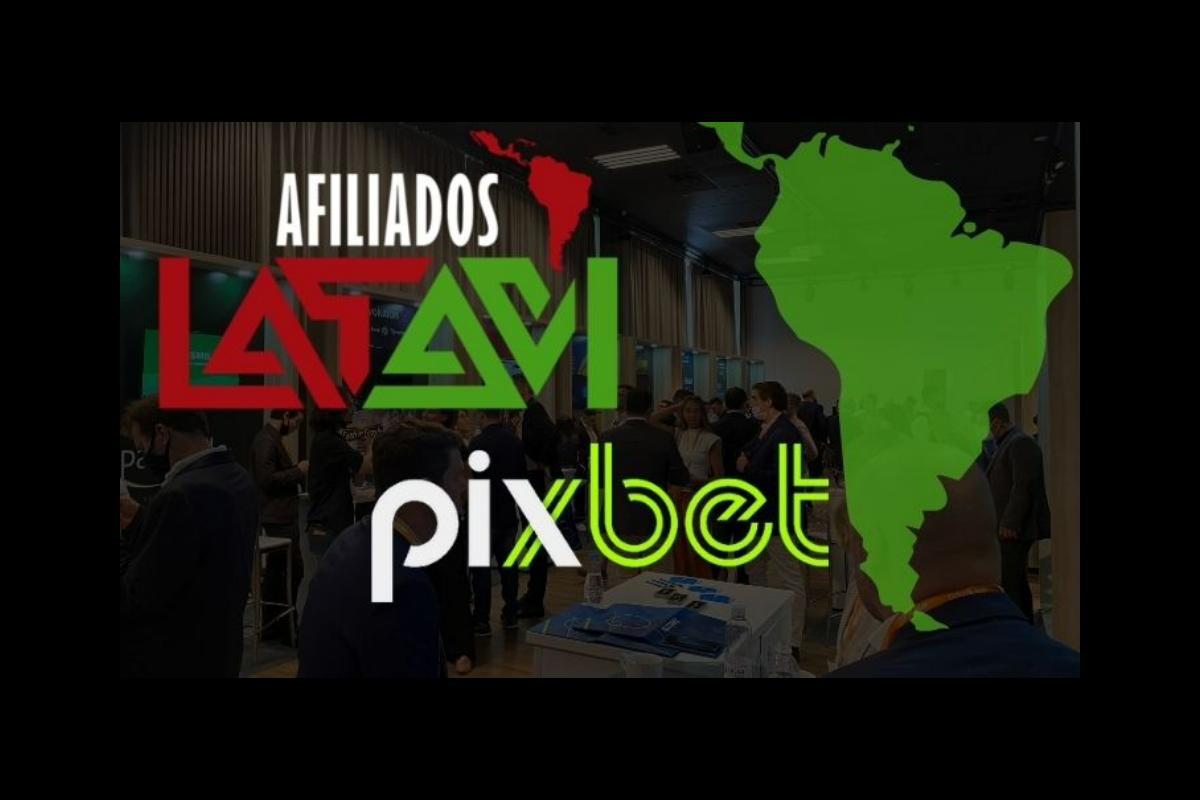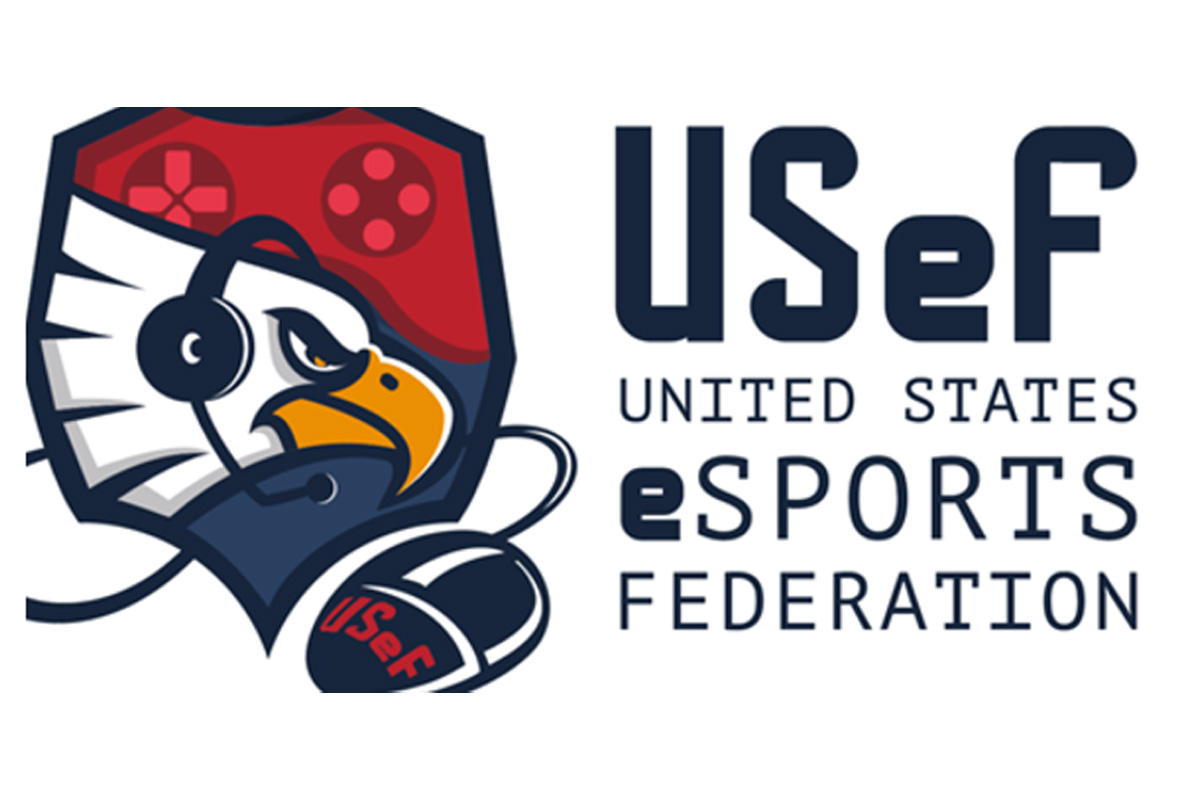
Hawks Talon GC Announces the Return of Award-Winning ‘Talon Takeover’ Content Series
Live Stream Series Hosted by Hawks Talon GC Will Begin at 2 p.m. This Friday, June 17 with Rap Artist Lil Pump as First Guest
Hawks Talon GC, the official NBA 2K League Affiliate of the Atlanta Hawks, announced that the award-winning content series, Talon Takeover, will return for its second season on Friday. The live streams feature celebrity guests, entertainers, and influencers playing NBA 2K22 with Hawks Talon GC. The first episode of the new season will take place this Friday, June 17 and feature rap artist Lil Pump. Celebrities and other well-known artists are scheduled to appear throughout the upcoming season.
The first season of Talon Takeover, launched during NBA 2K League Season Four, featured well-known hip-hop artists and producers Metro Boomin, Latto, Sonny Digital, Lil Durk and more. The Talon Takeover content series earned the NBA 2K League’s Team Business Award for Best Livestream Program in March 2021.
“We can’t wait to have Talon Takeover back and to game with some great and talented people,” said Wesley Acuff, Hawks Talon Gaming’s Director of Esports. “Kicking the second season of Takeover off with Lil Pump is going to be a lot of fun for us and for fans.”
Signature colorful dreads flailing, ominous ink on display and superhero-sized charisma in plentiful supply, Lil Pump (born August 17, 2000) tore through hip-hop like a tornado, amassing over 2 billion audio and video streams and counting. Lil Pump’s breakout hit “Gucci Gang” is an RIAA triple-platinum smash that topped singles charts across North America and Europe, streaming to #2 on the US Spotify Chart and #12 on the Global Chart, while garnering over 857 million combined YouTube views for its climactic, larger-than-life video. “I Love It”, his collaboration with Kanye West, was #6 on the Billboard Hot 100, and is certified Double Platinum by the RIAA and has numerous Platinum certifications globally.
In 2022, Lil Pump looks to deliver to fans the highly anticipated album “Lil Pump 2.” This currently features the singles “All The Sudden” and “1st Off.” As a mythical character, Pump has always been able to sustain relevancy through the core audience he’s built up over the years. Anticipate a lot of big-name artists to be featured on “Lil Pump 2,” and expect him to continue touring the globe.
Talon Takeover will be streamed live on the team’s Twitch channel. The stream will begin at 2 p.m. ET on Friday, June 17.
To stay up to date on Hawks Talon Gaming Club, visit HawksTalonGC.gg and follow the team’s social channels on Twitter, Instagram and Facebook.











